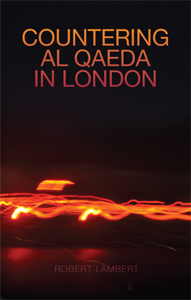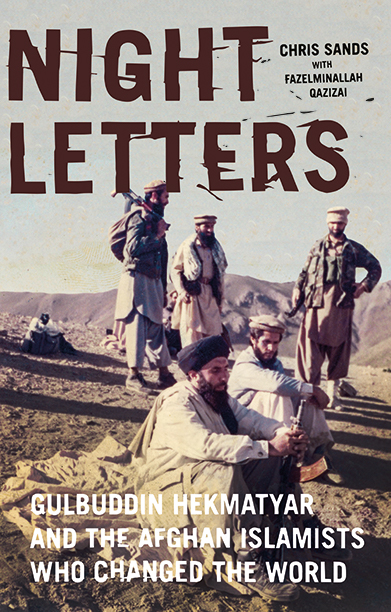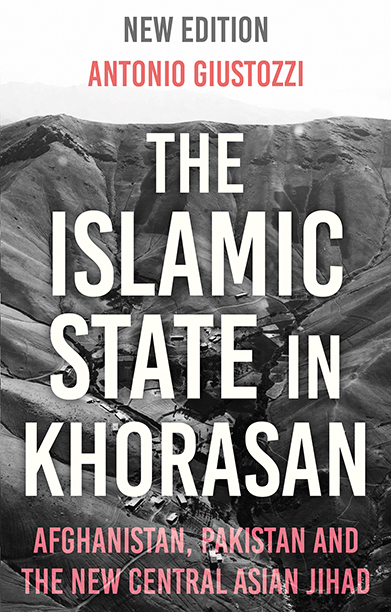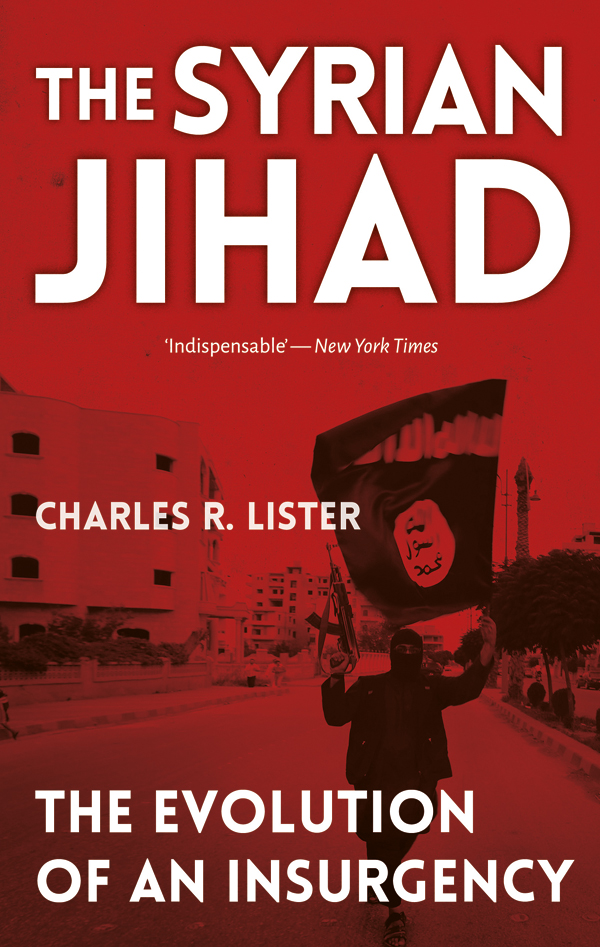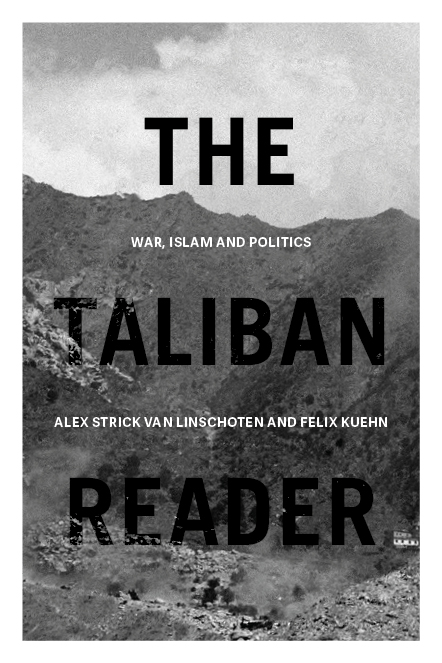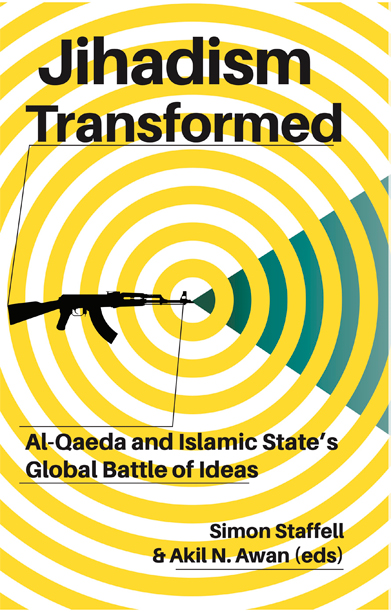Description
This book presents an inside account of two pioneering projects in London where Muslim community groups worked in partnership with police to reduce the influence of Al Qaeda-inspired terrorism. One project empowered London Muslims to remove Abu Hamza and his violent hard-core supporters from Finsbury Park Mosque, while the other project bolstered long-term efforts by London Muslims in Brixton to challenge and reduce the influence of Al Qaeda inspired violent extremists including Abu Qatada and Abdullah el-Faisal. Significantly, both projects pre-date government funded Prevent projects and differ from them in being based on partnership, trust and voluntary civic duty as opposed to payment and control.
The two projects serve as exemplars for future community-based counter-terrorism projects that recognise that the hand of central government can often be counter-productive when countering the influence of Al Qaeda: not least when the UK is waging war in Muslim countries. Flagship Prevent projects and their backers reject this analysis and argue that the work of police in these projects was itself counter-productive by empowering Muslim groups they claim are extremist or radical. This book offers a comprehensive defence to these charges and concludes that success was achieved by channelling genuine and reasonable Muslim grievances about UK foreign policy in the Muslim world in ways that are familiar and acceptable to Londoners and anathema to Al Qaeda.
Reviews
‘Illuminating, wise and profound.’ — Peter Oborne, The Daily Telegraph
‘Countering Al-Qaeda in London should be required reading for policymakers, police and security agencies, and European and American citizens concerned about domestic security as well as religious pluralism and civil liberties. No one more qualified than Robert Lambert, a former Scotland Yard senior police official and today a university scholar, to write this incisive and incisive critical study.’ — Professor John L. Esposito, Georgetown University, and author of The Future of Islam and Islamophobia: The Challenge of Pluralism in the 21st Century
‘It is so encouraging to see a book published on this subject that draws on real experience of working in the area, rather than being based on theoretical speculation. By challenging the assumptions that centralised Government- based and driven interventions are the only way to manage a terrorist threat, and by focusing on and exploring community based initiatives, Lambert opens up an import area for further evidence based analysis and intervention.’ — Max Taylor, CSTPV, University of St Andrews
‘Amidst populist Islam bashing and lopsided counter-terrorism programs, Bob Lambert’s voice stands out as a lucid, out-of-the-box call for genuine community policing that contributes to preventing radicalisation turning into terrorist violence. His central argument that non-violent ideology is not the conveyor belt to terrorism, as commonly believed, is now widely supported by academic research.’ — Rik Coolsaet, Chair of the Department of Political Science at Ghent University and author of Jihadi Terrorism and the Radicalisation Challenge: European and American Experiences
‘Lambert’s work is remarkable for his consistently thoughtful, de-escalatory and grounded approach. As a police officer, he built relationships with Muslims which allowed him to understand the complexity of what drives people to extreme measures. As a scholar he has been a nuanced voice of moderation, with the added gravitas of direct experience. His work was and is groundbreaking, forging a path that more and more are bound to follow.’ — Professor Marie Breen-Smyth, Co-Director of the Centre for International Intervention, University of Surrey
‘An important book. Robert Lambert makes an impassioned argument that law enforcement and government need to engage with militant but nonviolent Muslims. This factual narrative of two successful interventions needs to be broadcast widely in the current debate on countering “violent extremism.”‘ — Marc Sageman, author of Understanding Terror Networks and Leaderless Jihad
Author(s)
Robert Lambert is an academic with a police career in counter-terrorism. Post 9/11 he and a colleague were concerned that the war on terror was a counter-productive response to al-Qaeda that alienated Muslims and they established the Muslim Contact Unit that instead worked empathetically and in partnership with London Muslims. For the bulk of his police service (1977-2007) Lambert worked in counter-terrorism. In June 2008 he was awarded an MBE for his police service.
